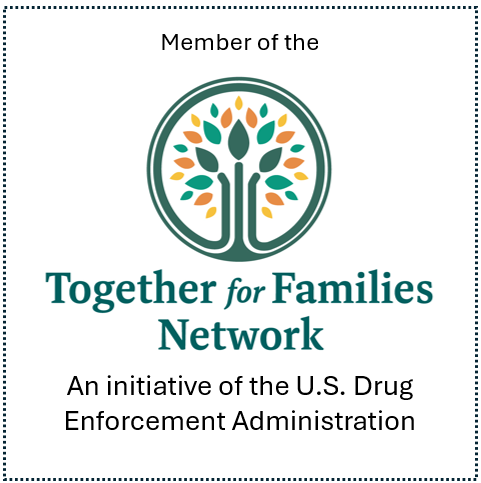Understanding Cyberbullying
Ask the Experts | Det. Ryan Schroerlucke
I monitor my son’s social media accounts periodically and some of what I see on his feed makes me uncomfortable. He says I’m overreacting. How can I help him understand the difference between sarcasm/joking and cyberbullying?
A: The definition of bullying is unwanted, aggressive behavior among school-aged children that involves a real or perceived power imbalance. The behavior is repeated, or has the potential to be repeated, over time. Cyberbullying uses technology to degrade, harass or humiliate another person or group of people and makes the victim(s) feel as though everyone in their peer group knows what is going on.
The problem with kids thinking they’re being sarcastic or “just joking” on social media and through technology is that it can be interpreted different ways by different people. If your son thinks what he sees (or does) is meant as a joke, but the person targeted takes what is written as literal and harmful, it is bullying. Over time, and with repeated targeting, the victim is more likely to skip/drop out of school, get lower grades, turn to substances or alcohol and show poor self-esteem.
It is important to teach our youth to speak up when they see something for many reasons. To help those who are targeted, especially, and also because, in Michigan, it is now illegal to post a message about another person that is intended to put someone in fear of bodily harm or death and express an interest to commit violence against the person, post a message or statement with the intent to communicate a threat with the knowledge that it will be viewed as a threat, or a pattern of harassing or intimidating behavior.
Regular conversations about responsible behavior and online safety are necessary. Remind them of your values related to respecting others, remind them that speaking up is not tattling, and remind them you are always available to listen and help if they are having issues.
Detective Ryan Schroerlucke is the President of the Grosse Pointe Fraternal Order of Police and Detective for the City of Grosse Pointe Woods Department of Public Safety. He holds a master’s degree in forensic psychology with a specialization in Criminal Behavior and is working on his PhD. in Forensic Psychology with a specialization in Crisis Response and PTSD. Detective Schroerlucke is also a member of the National Council for Behavior Health and is certified in Mental Health First Aid. He can be reached at 313-343-2412 or rschroerlucke@gpwmi.us.






